Why accountability is important to understanding failure
Holding yourself accountable is one of the hardest, yet most important introspective tasks. I should know, I avoided it for so many years. It’s easy to blame others when things fail. It’s incredibly difficult to turn that attention inwards. Today, we’re going to look at why accountability is important when things start to go wrong in life.
Accountable people understand the influence of the past
Every action has consequences. This statement acts as the foundation of accountability. It seems simple enough but let’s look at it more closely. There are two main components, the action and, the consequence. The key to holding ourselves accountable is having a deep understanding of each element.
However, we tend to overlook the first part, the action. The truth is that most of us don’t have a clue why we do the things we do. We often use words like ‘habit’ or ‘instinct’ to explain ourselves, but that’s where the investigation ends. Why do you bite your nails? I don’t know, I’m a creature of habit. Why do you always talk bad about yourself? I’m not sure, I’ve just always done it.
If we can’t fully grasp the reasons behind our actions then how can we even begin to hold ourselves accountable for its consequences? How can we learn from failure if we don’t understand the actions leading up to the failure?
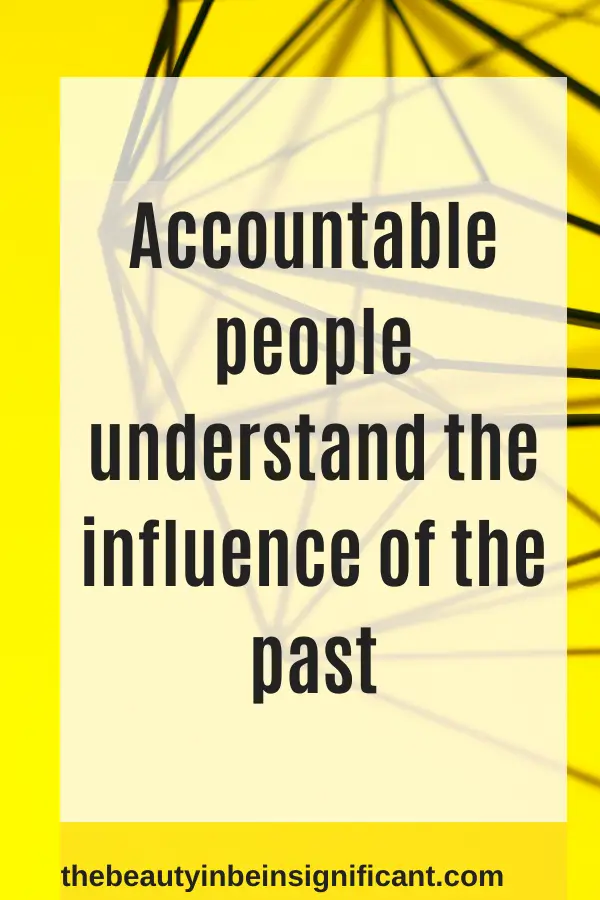
To understand the motivations behind our actions, we must go all the way back to our early years. So many of us disregard its relevance when discussing accountability. The truth is that the experiences that we go through during childhood often have long-lasting impacts. Research into the relationship between how our parents treated us and how we treat our current partners provides a lot of evidence for this (attachment theory). Understanding this has made me realise why so many relationships these days end in failure.
Attachment theory shows us that people who experienced inconsistent affection as children tend to develop unhealthy patterns in adult relationships. However, most of us are completely unaware of these behaviours. For example, those who always had to prove themselves to their parents in some way to get affection will also be desperate to prove themselves to their parents in relationships.
These people will require constant assurance from their partners. They need to know that the relationship is going perfect, because that is what they craved from their parents growing up. If you’re unaware of these childhood influences, you’ll simply be blind to the fact that these behaviours can kill a relationship.
If you’re interested in learning more about attachment theory, I’d recommend these resources.
Healing Anxious Attachments: 5 things I noticed on the way
Triggered! How To Self Soothe Anxious Attachments
Bowlby & Ainsworth: What Is Attachment Theory? (verywellmind.com)
The whole point of this section is to make you realize that if you want to be accountable then, the first step is understanding why you do the things you do. What is driving your motivations? There will be surface-level answers that will be pretty and convenient, but you will need to go deep within to find the inconvenient truth.
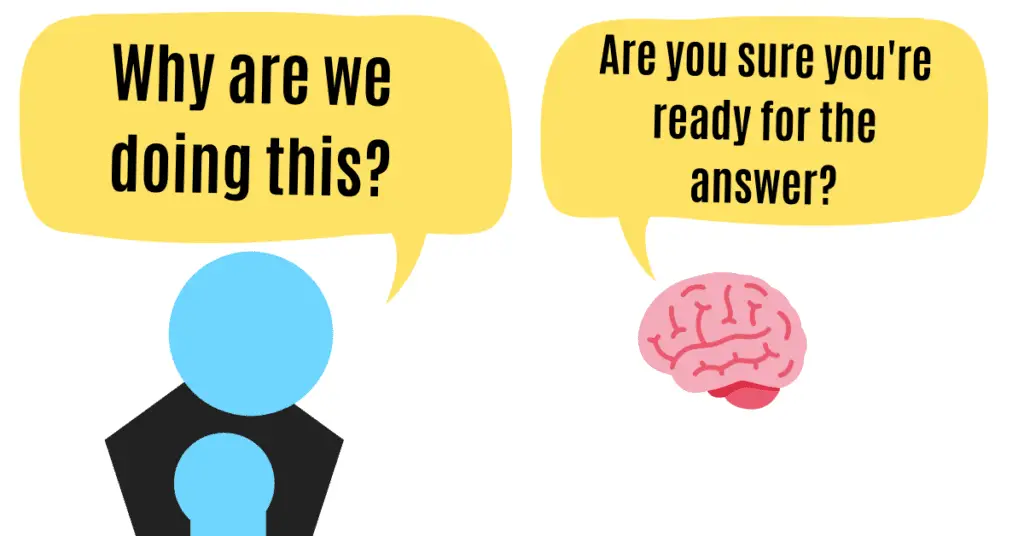
Accountable people master their emotions in the present
Now that we’ve looked at the action part of being accountable, we can now start to focus on understanding consequences. This is an area of life that I struggle with daily. I tend to fall short of understanding the consequences of letting my emotions take over during stressful situations.
Let me use a personal example to illustrate. I’m currently in the final year of my Ph.D. It’s an incredibly stressful time where I have the task of writing up the thesis. As you can imagine, it’s not a straightforward process. I’ve written multiple drafts of chapters that have been torn to shreds by my supervisor. Each attempt, a failure.
During one of our weekly meetings, as we reviewed another draft, my supervision began to highlight all the problems. The multiple rejections finally got to me. After the meeting, I simply closed my laptop and crawled into bed. I stayed there for a good couple of days.
I can’t do this. My writing is beyond terrible. I’m tired. Negative thoughts flooded my mind as I convinced myself that I would never complete the project. My emotions had completely taken over.
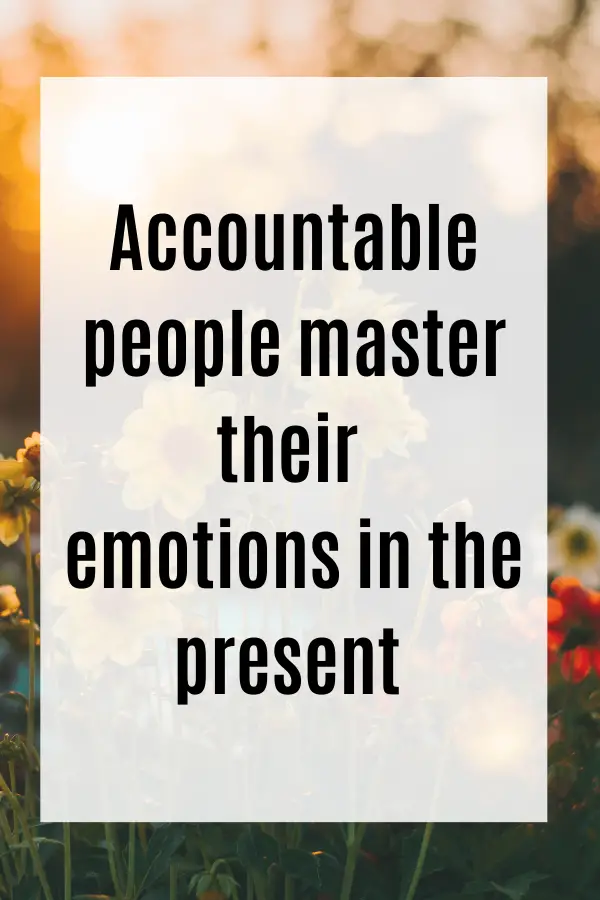
After some more time had passed, I finally worked up the courage to set another meeting with my supervisor. I needed to let her know I was struggling. I couldn’t go on much longer. When the day arrived, she noticed how defeated I looked and so she asked me why. The flood gates burst open. All the frustration I had held back came gushing out. I told her everything.
Do you know what said? In a calm voice, she told me that the reason my writing quality had declined was because I was writing out of fear and panic. This struck my soul because it was the truth. Each time my work was rejected, I took it personally. I saw it as an attack on my self-worth, and so I wrote from a place of defensiveness, anger, spite, frustration. As you can imagine, nothing good came out of it.
I started holding myself accountable for my own emotions during the writing process. They are mine to control. Letting them run wild was simply not an option anymore. And so I took a break, I started journaling and taking care of my mental health, and just like that, my writing improved dramatically.
So next time you’ve failed, stop and take a breath. It’s easy to give in to negative emotions and to start acting out of fear. What you have to do is hold yourself accountable and understand that nothing good comes from that place. Collect yourself, and then make a plan to move forward from a place of clarity.
Related Posts:
6 Strategic Ways to Develop Emotional Mastery | Tony Robbins
Mastering Your Emotions. It’s hard to imagine that we are barely… | by Cody McLain | Medium
Conclusion
Holding yourself accountable is extremely difficult. However, there are two main reasons why accountability is important after a failure.
- It allows you to be more aware of the motivations behind the actions leading up to the failure.
- It allows you to make better decisions when moving forward from a failure.
What do you think? Do you hold yourself accountable or do you have someone who does it for you? What does accountability mean to you? Let me know in the comments below, I’m curious!
If you enjoyed reading, then do share it with your friends and family! In addition, make sure to sign up for our email list. I hope you have a lovely rest of your week.
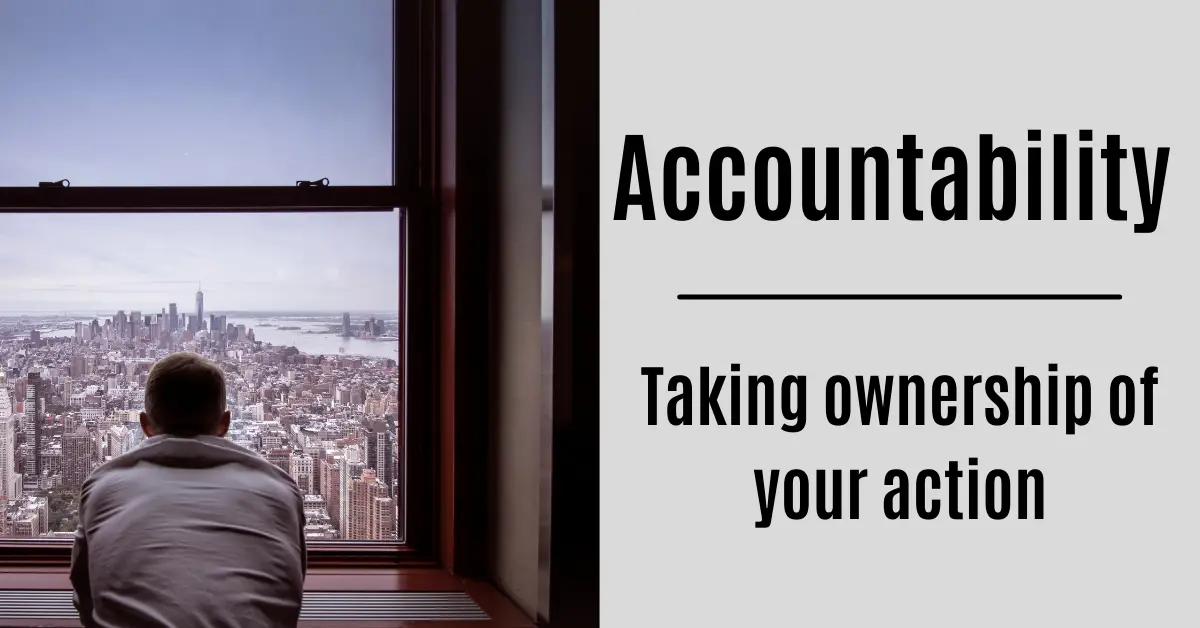
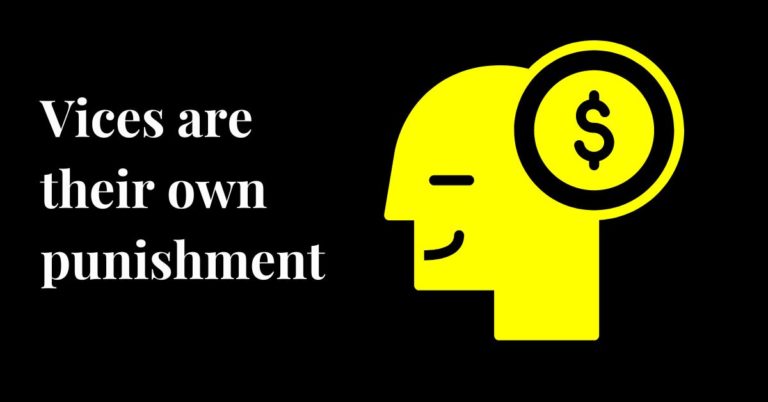

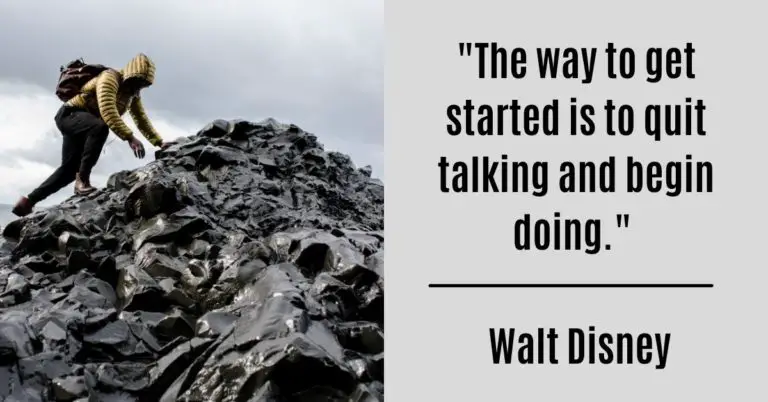
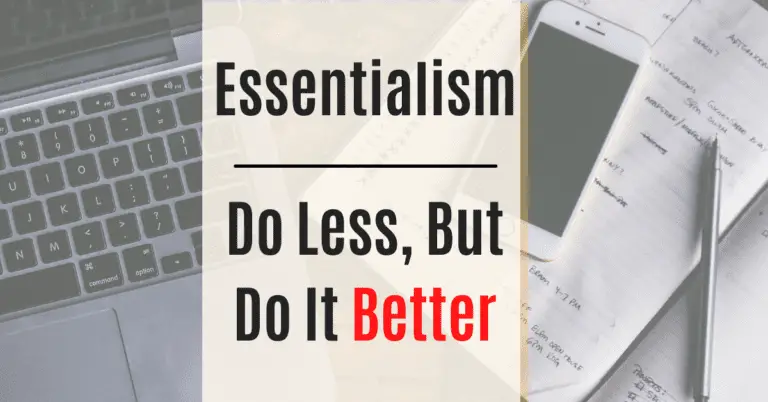
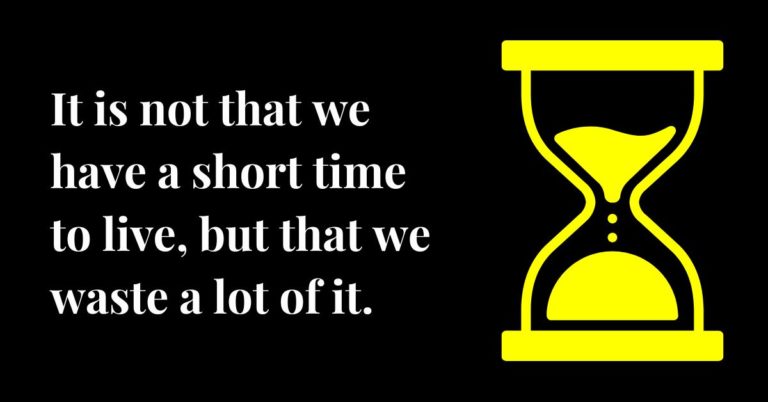
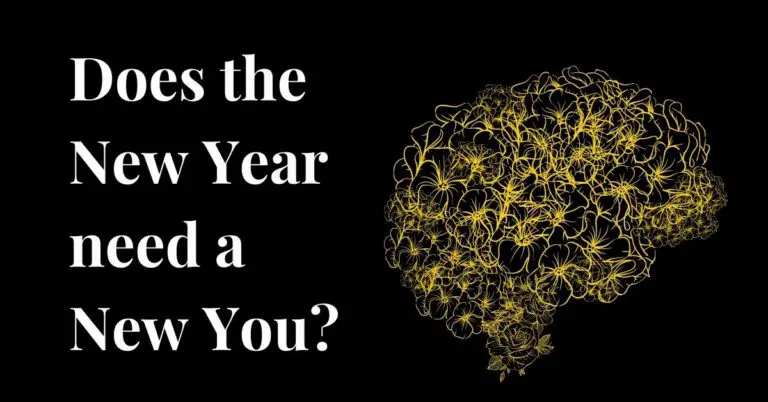
Great post!!
Thanks for reading!
Being accountable is so important. It allows you to gain perspective on yourself and also understand that you are not perfect and in fact no one is we learn as we go. Love the article
Exactly right! exactly once we give ourselves permission to not be perfect. Amazing things start to happen
Thanks for the reminder to master emotions in the present! Seems so easy for some people while others definitely have to work at it.
Brilliant post! So true! Made a poor decision last year and since then have learnt that i’m accountable to myself and with God and am learning just that and how to be better at making decisions.